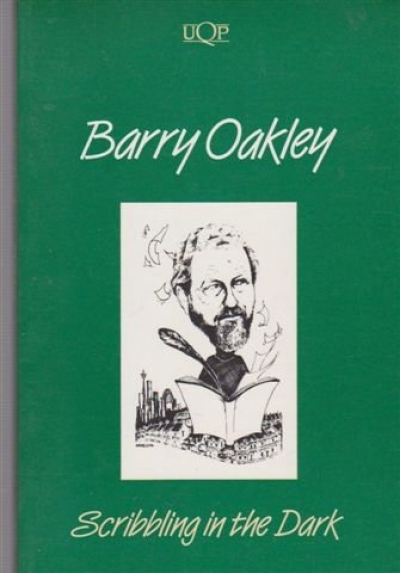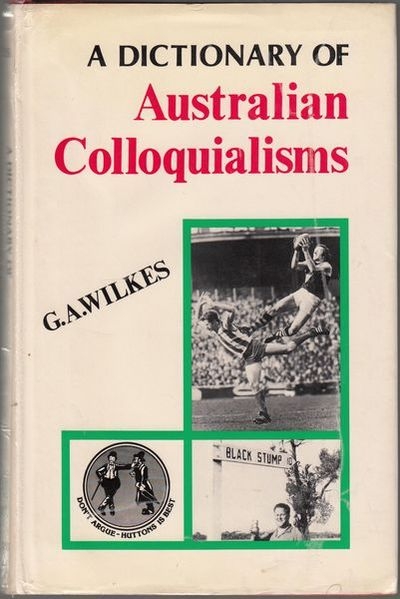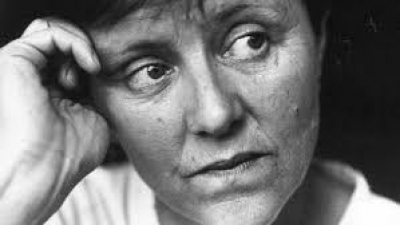Archive
The Missing Heir: The autobiography of Kylie Tennant by Kylie Tennant
The usual incumbent of this space is, as it were, being spelled. Meanwhile, the view from the other side of the bookshop counter is cheery. The debate about whether too much is being published and whether women writers are getting more of the discrimination than they are positively entitled to has flitted across the pages of the Bulletin and the National Times, with John Hanrahan, formerly an assistant editor and acting editor of this magazine, providing insight and balance.
... (read more)Memoirs of Many in One by Alex Xenophon Demirjian Gray (edited by Patrick White)
The Ear in the Wheatfield: A Portrait of a Magazine edited by Kris Hemensley
The Australian Bookseller & Publisher serves as the trade magazine for the Australian publishing and bookselling industry. It derives a substantial amount of its revenue from the advertisements that publishers place in it.
... (read more)The publishing world and other allied industries, namely the media and literary critics, tend to promote authors on a ‘star’ system. Especially women writers. They allow certain women to become ‘flavour of the month’. Recently, if you remember, it was Beverley Farmer, and then Kate Grenville. For a short period, every newspaper, magazine, or radio program with a literary bent featured them and their fiction. This treatment is reserved for fiction writers. Never is such sustained coverage given to that awesome creature, the ‘woman poet’.
... (read more)







